WORDS Krishna Everson
PHOTO Ross Eason, Eason Creative Photography
Our health is in crisis. Lifestyle diseases, allergies, autism, anxiety and depression, are on the rise. Our children and teens are experiencing more health issues than ever before. But people are beginning to wake up. There is an uprising, a growing movement of concerned communities who are asking questions and demanding answers.
Iconic nutritionist Cyndi O’Meara is the founder of ‘Changing Habits’, and the author of ground-breaking book ‘Changing Habits, Changing Lives’. She is an organic food retailer, a researcher and filmmaker, who produced the documentary ‘What’s With Wheat?’, an expose on food and agricultural practices and the catastrophic impact it’s making on our health. She is currently part way through her ‘Real Food for Health’ Tour 2018.
Cyndi holds grave concerns about what is happening to our food, and what we are now putting into our bodies. Things aren’t what they used to be. She recalls, “When I went to school in the sixties and seventies, in my community and school, not one person had a peanut allergy. We had to drink milk every day at morning tea. Everyone bought bread. No one had a gluten problem. No one had a bread problem. No one was sick. No one had autism. I’d never heard of autism. Diabetes, what was that? I knew one woman with asthma… what the hell happened?”
Cyndi believes it’s a multifaceted issue, a result of toxic agricultural practices, overuse of pharmaceuticals, and a reliance on food additives and preservatives rather than traditional real foods.
“I can’t point my finger at one thing. Number one is agriculture. I think it’s a culmination of us using chemicals in agriculture that are destroying the gut microbiome, which is the very thing that protects our gut from us, the inside and the outside world. When the microbiome is in dysbiosis (gut bacteria is out of balance) and is being destroyed, then your health is a mess. Number two is the indiscriminate use of antibiotics from the age of zero onwards, and the indiscriminate use of foods that don’t feed the gut. The foods are what they’re now calling ultra-processed foods. They’re those foods that look like food, taste like food, smell like food, but aren’t food. They’re full of additives, preservatives and flavourings. So there are three big things. I would add to that some of the medications that are being enforced on our babies, our 24-hour-old babies. I’m like, it’s a crime. The whole thing is a crime against humanity because we’re seeing this increase in allergies. We just can’t look at one thing. We have to look at everything. In 1937 they were starting to do the chemical spraying. That generation was first. My grandmother would have been clean. My mother wasn’t. I’m the next generation. My kids are the generation after that. Then this new generation that’s coming, it’s really scary. They’re not a healthy lot. It’s sad what’s happening. Most of them are on drugs before they were even a month old. Whereas, my mum’s generation nobody took medications. It just wasn’t something you did. But, it’s culminating. So, we’re now on the fourth and fifth generation of chemicals.”
In response to this culmination, and the immune issues and other health problems associated with it, Cyndi is seeing a need for more diet modifications than in the past.
“If you asked me in the 80s, I would have said just get them off the SAD diet (Standard Australian Diet) and just put them on a new diet. That’s all we had to do. Most people would get well. Not now. If you have somebody who has a microbiome in dysbiosis, and you give them good food, sometimes they don’t get better because their microbiome isn’t digesting that food. They’re not communicating with the immune system. It might be they have an allergy to it: egg, corn, or wheat. We have soy. We have all of these foods that now people have allergies to, which will heighten the immune system. We have to go, alright let’s strip it back to basics. Let’s just feed you, rather than your microbiome at the moment. Let’s just feed you so we can nourish you. Then when you get stronger, let’s start feeding that microbiome, because that microbiome might have parasites, or have an overgrowth or undergrowth of E. coli, or an undergrowth or overgrowth of staph or strep. I’m finding now we have to do more and more elaborate diets. I think that’s why the Ketogenic diet and the Paleo diet are in vogue at the moment. It’s because it strips back grains, then it strips back dairy, which could be our allergens or our responses to these foods. We are learning so many things about this amazing system and the importance of it.”
At her core, Cyndi is an educator with a thirst for knowledge. She spends her time listening to podcasts, reading books and articles and attending conferences both as a participant and as a speaker. “It’s always been about educating myself and then sharing that knowledge,” she says.
Fundamentally, Cyndi advocates for getting back to traditional real foods. Her first book, ‘Changing Habits, Changing Lives’ has just been revised for the fourth time to reflect current research and changes in the food industry, celebrating its twentieth anniversary this year, and has also been expanded into a program for educators, ‘The Functional Nutrition Academy’. Cyndi suggests getting started is about being educated so that you can make better choices. “Start with breakfast. Let’s get rid of the breakfast cereals, low fat milk – that stuff. Let’s get real food in. I’ve got lots of breakfast suggestions. I go through each thing. First thing is breakfast. Let’s look at the salt you’re eating. Is the salt refined? Let’s look at the sugar you’re eating. Is it refined? What’s an alternative? Let’s look at the chocolate you’re eating. Is it refined? What’s an alternative? What are your breads like? Don’t take the family away from bread but what is your bread like and what kind of bread are you eating? What are the ingredients? And how do I read a food label? What is good about my book ‘Changing Habits, Changing Lives’ is it’s a step-by-step process. It’s let’s start here. Let’s make that part of your life,” Cyndi says.
In addition to her mission as an advocate and educator, Cyndi has purchased 60 acres of farm land west of Maleny in the Australian Queensland Hinterland. “We planted 680 fruit bearing trees 18 months ago. We have animals. We have cattle that fertilise our land. Then we have chickens. We have eggs. My farm was all about a dream that I had to have food on there for my family. But, then what happens is, I always produce more than I can handle and more than my family and more than my ‘Changing Habits’ community can handle. Then I sell to everybody else. I guess that’s been the whole theme of things. I want to tell people this is what I’m doing. Do I think that I can do anything to change the planet? No. I don’t. But, I know that I can change my little corner, and then somebody else might change their little corner. Collectively we may be able to make a difference to what’s happening” she says.


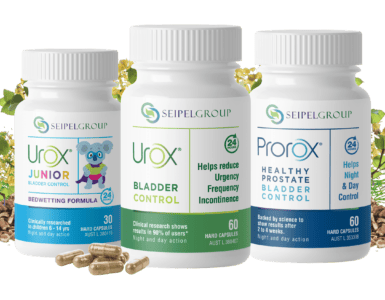
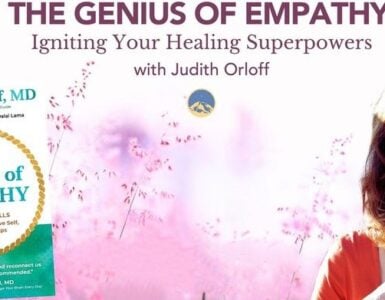
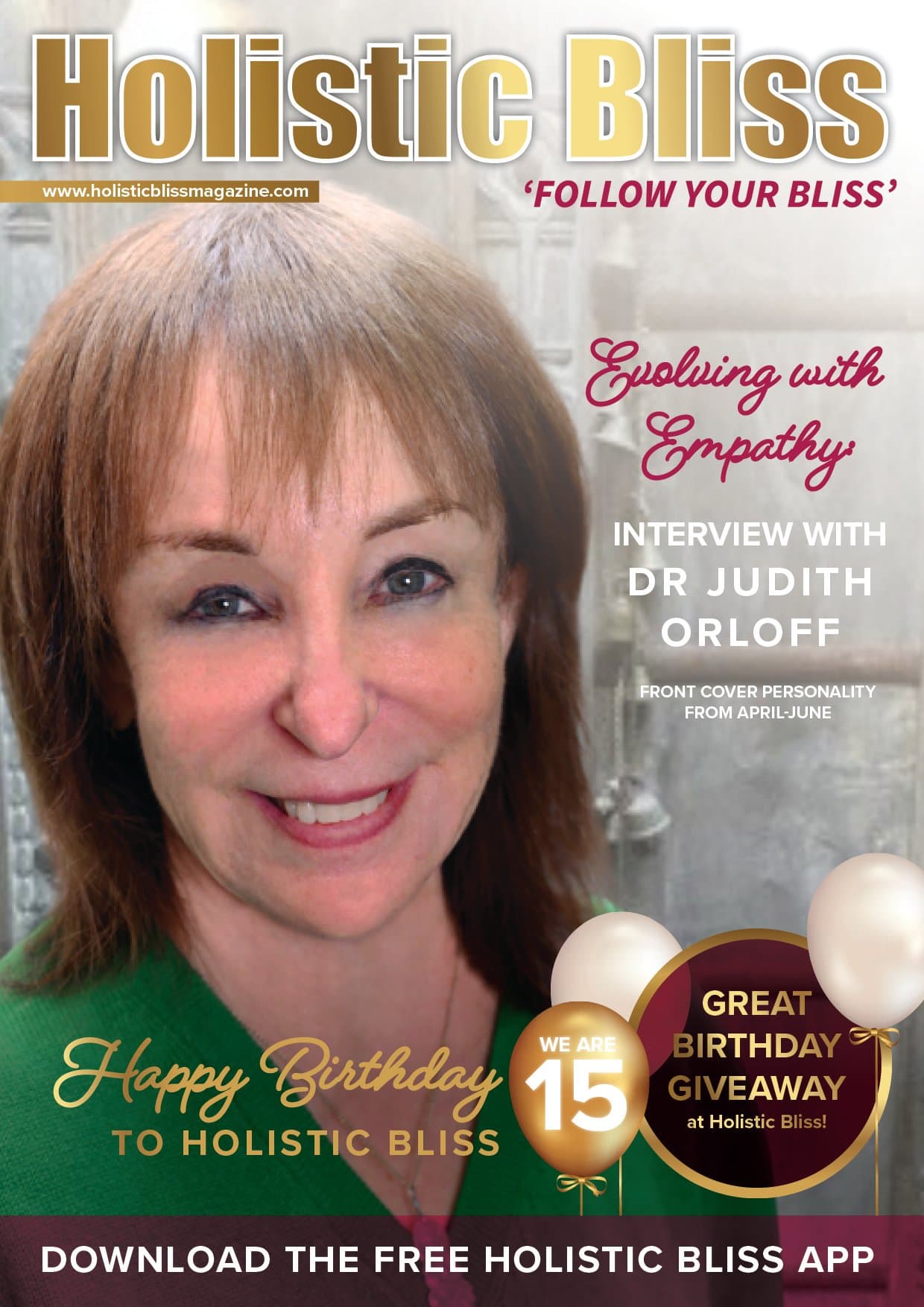
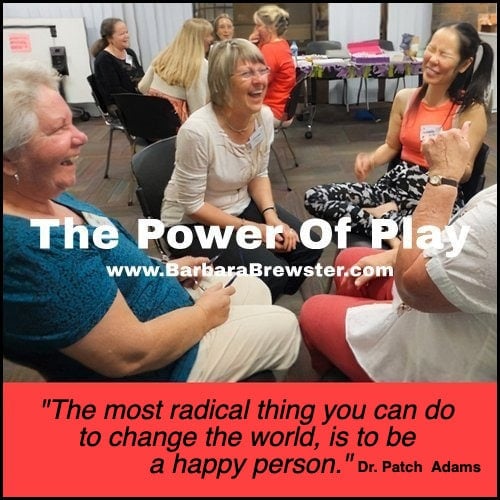
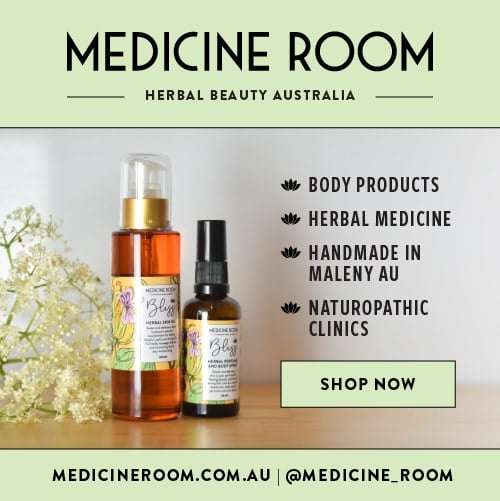

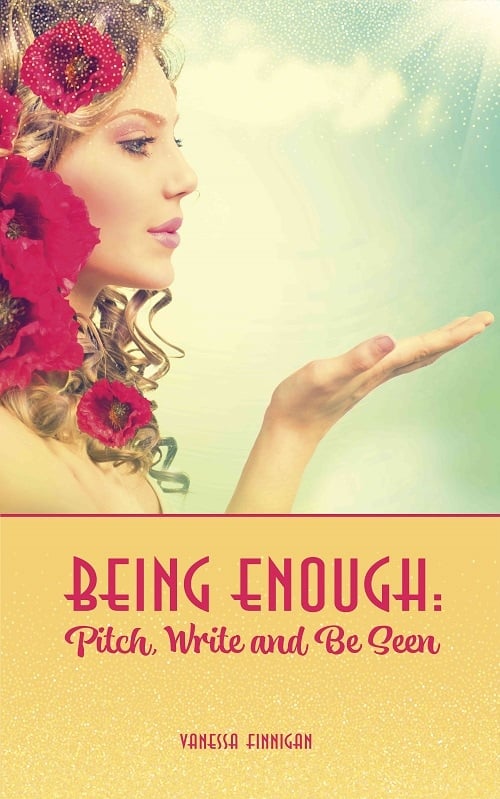

Add comment